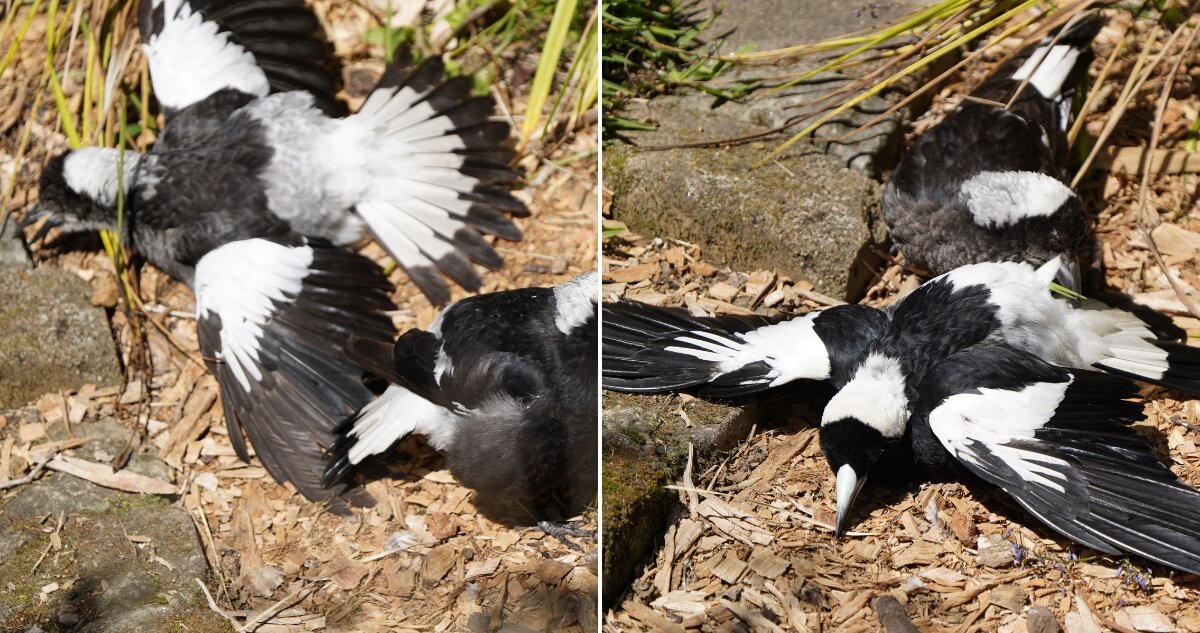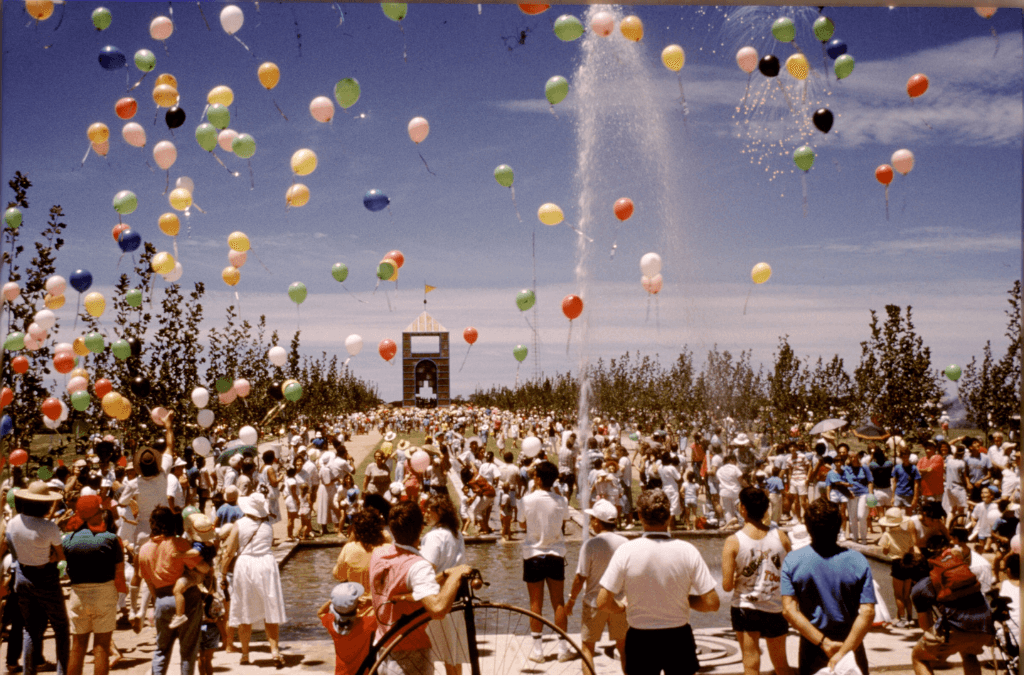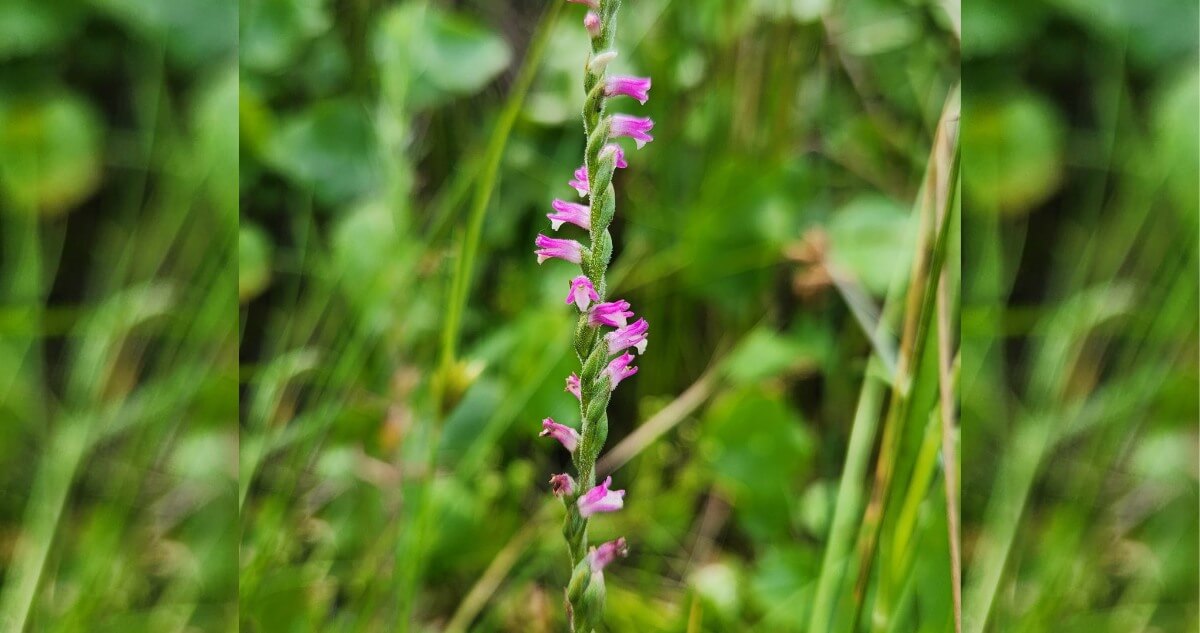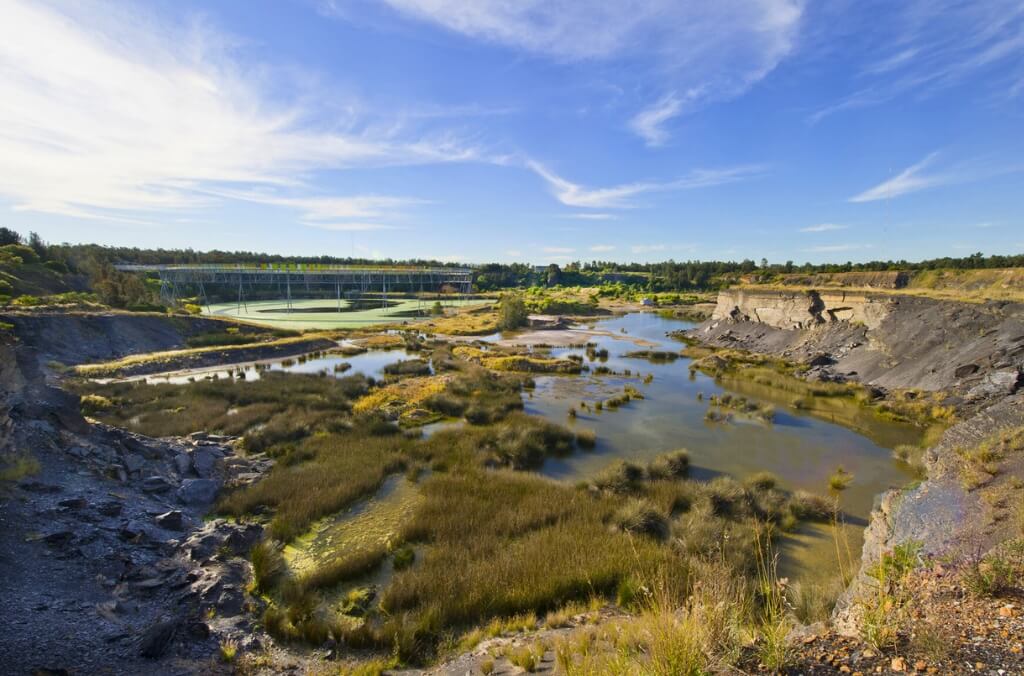Birds behaving strangely
Everyone loves a good moment in the sun and birds are no exception.
Everyone loves a good moment in the sun and birds are no exception. Sunbathing helps keep their feathers in tip-top condition, pests under control and is seriously important maintenance for many birds.
Catching a moment in the sun
Seeing a bird sunbathing can be quite a shock as they may look dead or badly injured. Their eyes may be open or shut, they may be panting with their beaks open, their wings spread out on the ground and feathers fluffed. In fact, birds can look remarkably silly doing it and can appear to need serious help, but sunbathing has an important function for keeping feathers in good condition.
Up to 9% of a bird's life is dedicated to maintaining their feathers, preening, washing and removing parasites. If this is not done, feathers will not support flight, provide insulation or protect against the weather. Good looking feathers are important for mate selection too.
Sunbathing for a purpose
Sunlight can heat feathers up to high temperatures, killing irritating bugs and other pesky hitchhikers. Preening oil, produced in a gland on the bird’s body, may disperse better across warm feathers. Body temperatures also rise, forcing the bird to pant and hold their beak open.
In some cases, birds choose sites with ants that actively swarm up into the feathers, spraying formic acid, a natural pesticide. Or they pick up ants in their beaks and apply the irritated creature to their feathers like a cleaning spray. This is called ‘anting’.

Australian Magpies often sunbathe with short bursts of sunshine acting as chemical free pesticide, reducing harmful pests in feathers.
Relaxing in the sun has multiple functions for birds, it may be nice for them to warm up after a cold night or a swim, or it may be essential maintenance for their feathers. If you do see a bird soaking up the sunshine, do not panic but look after them by keeping way with maybe just a smile on your face.
You might also be interested in...


This week is Parks Week - a time of celebrating the incredible role parks and open space.


If you look closely, you may spot beautiful terrestrial orchids flowering at Sydney Olympic Park.


5 management actions carried out across the wetlands in the Park.